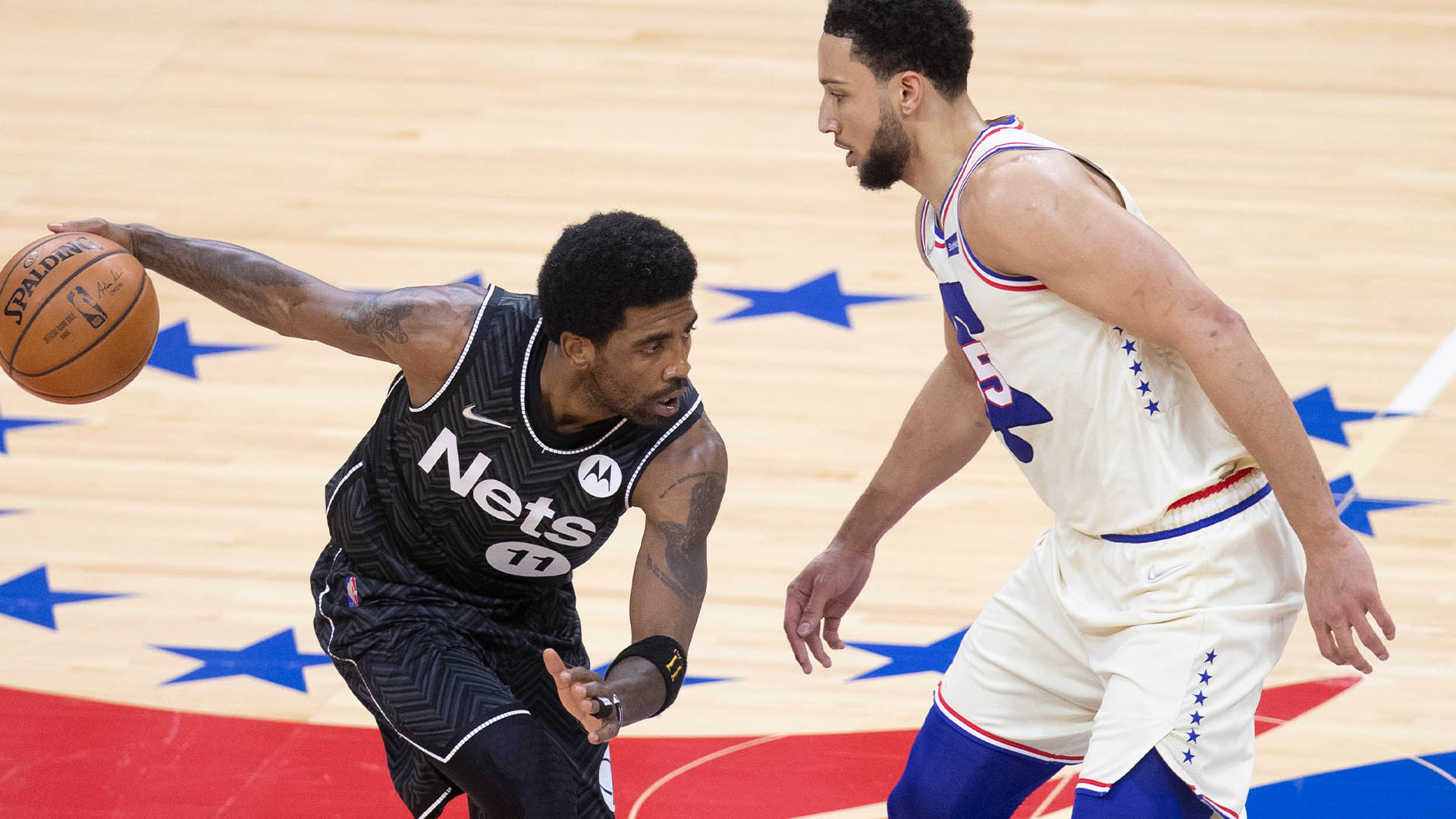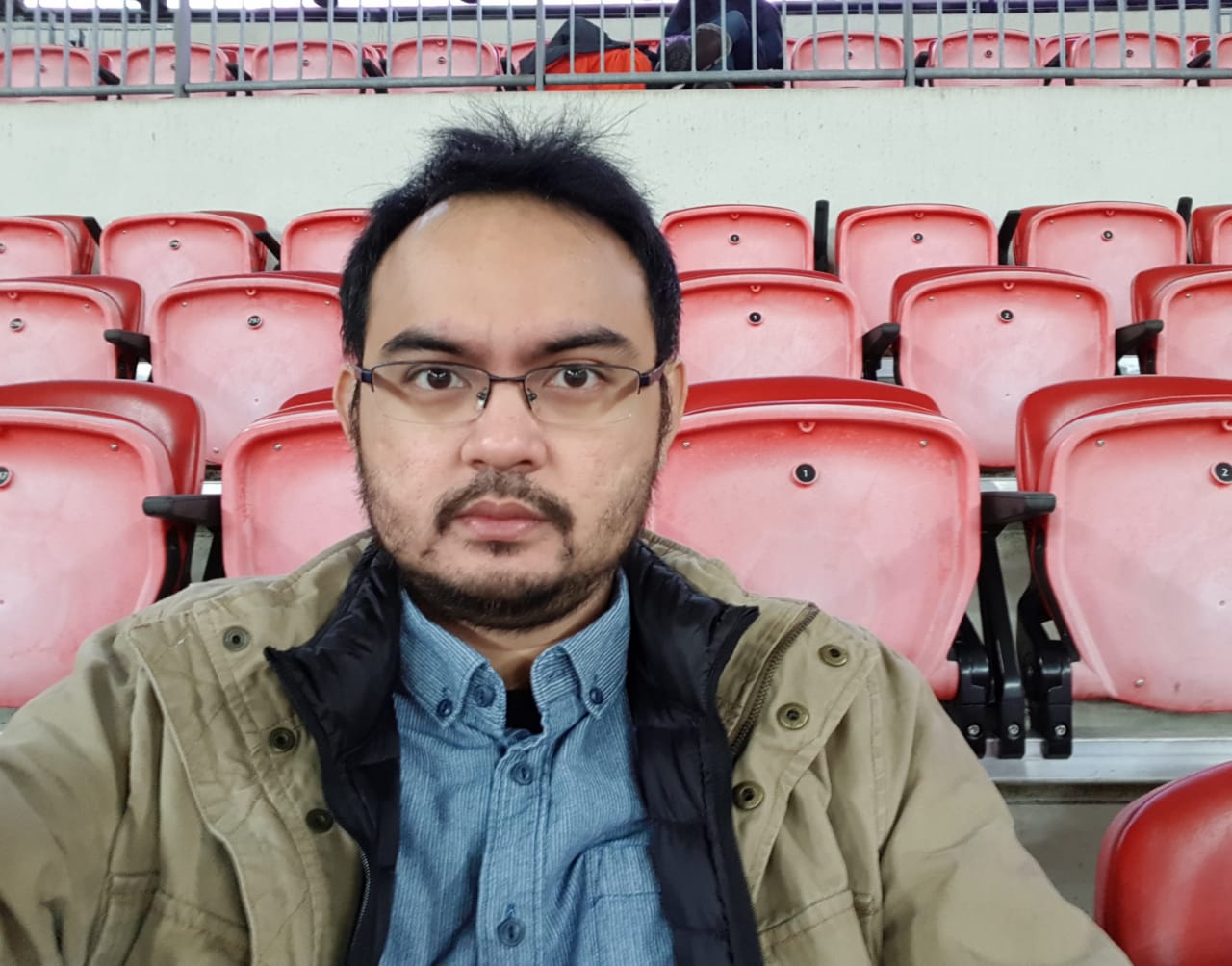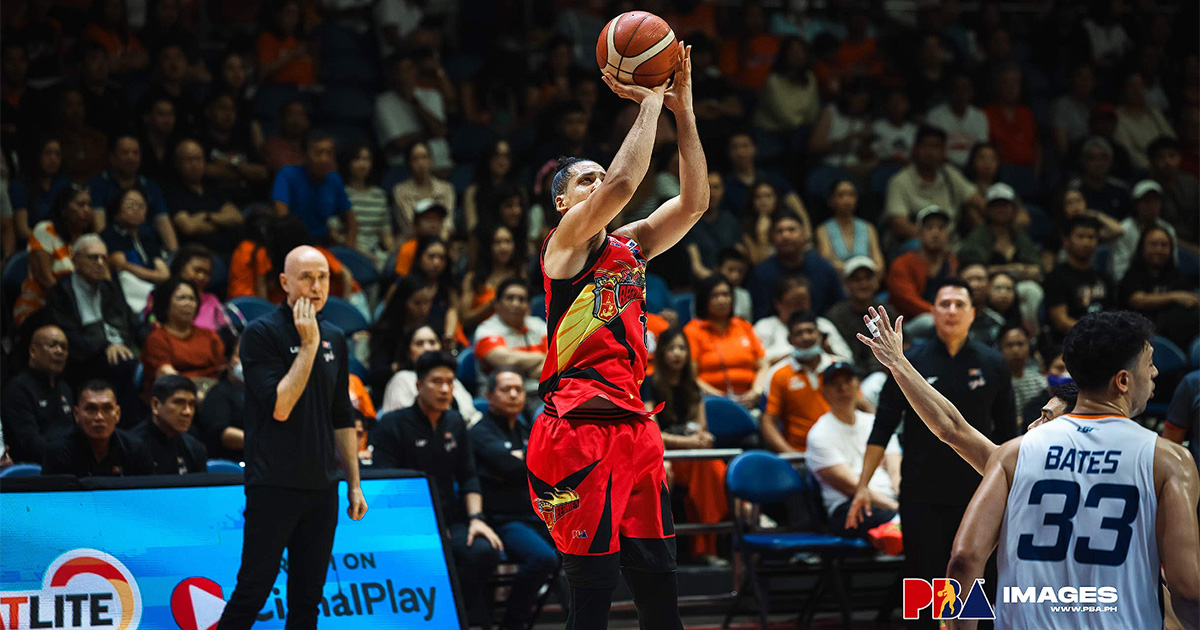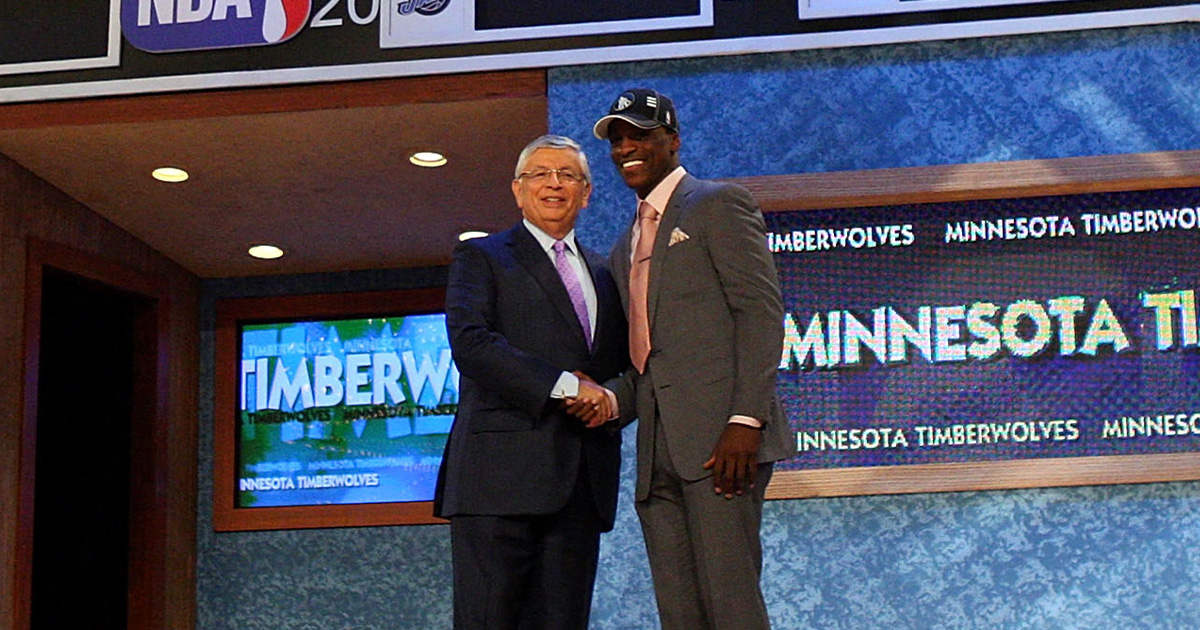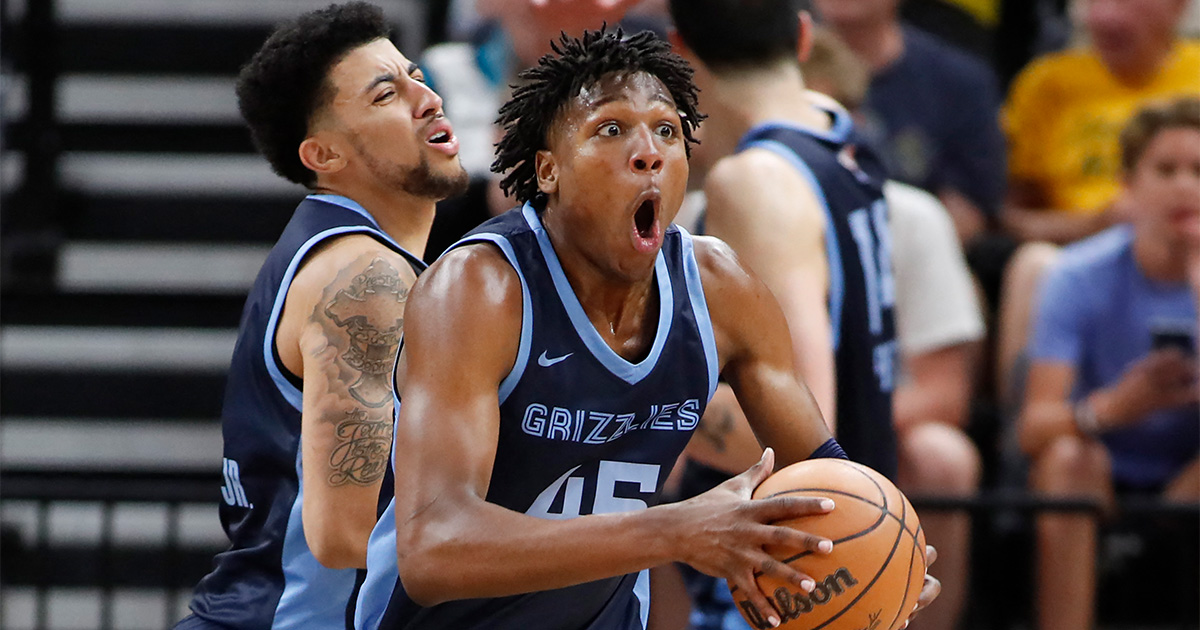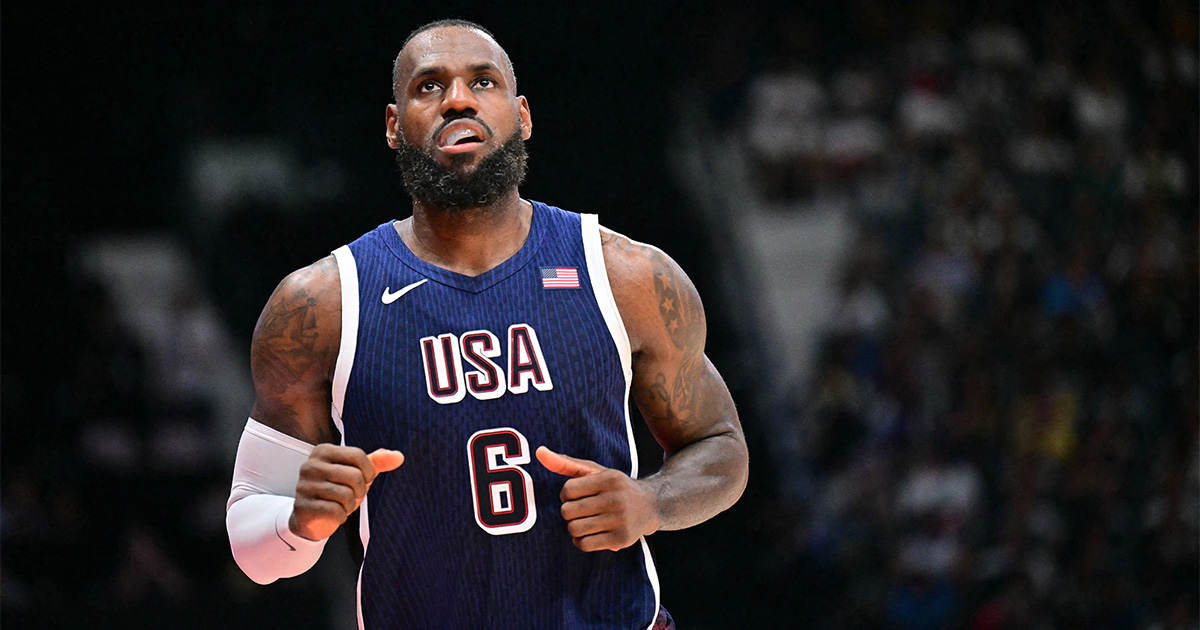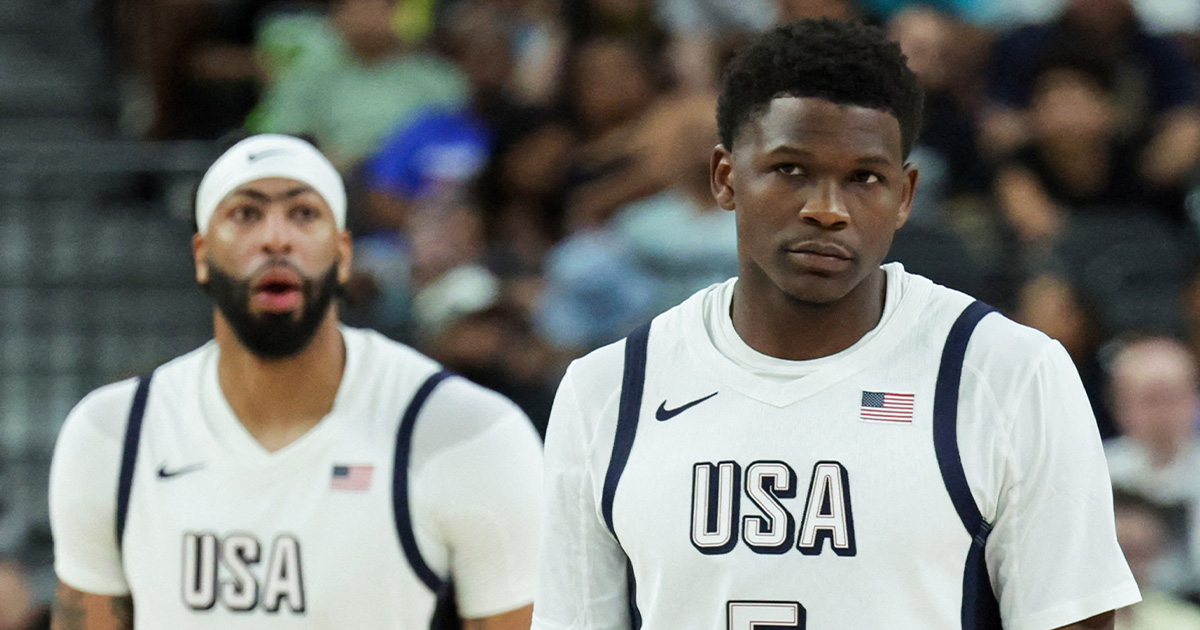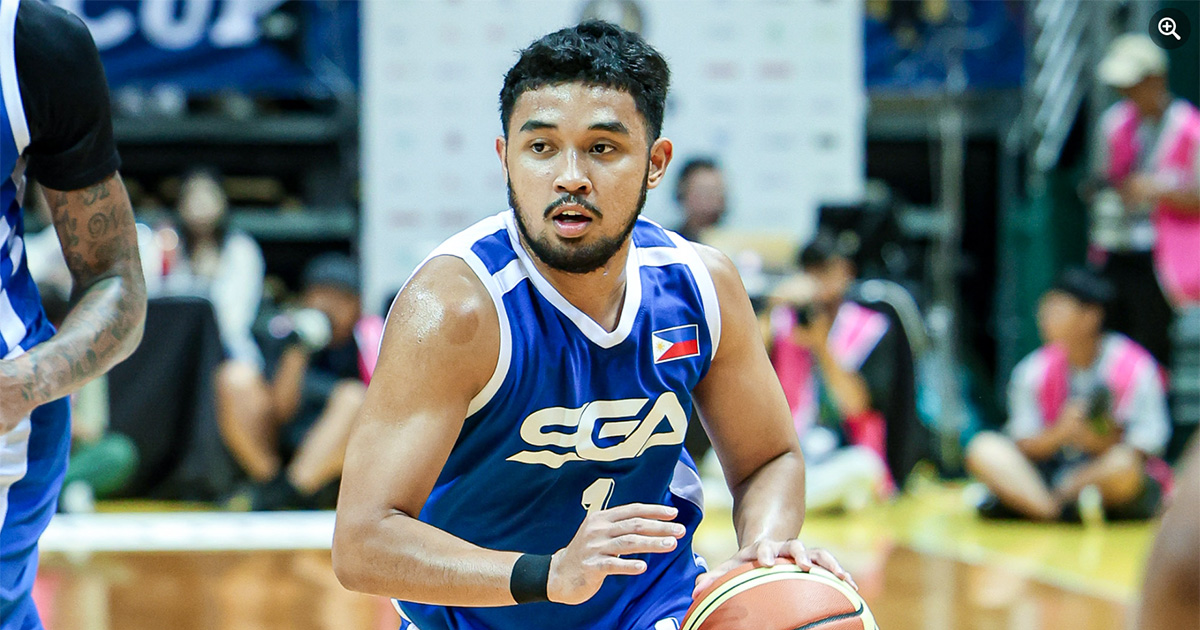Eponymous laws are fascinating. Invoking principles or adages named after some (mostly) dead guys is a surefire way to sound pseudo-intellectual. Cramming an entire idea into two words is the sort of mic drop moment that can instantaneously end any argument. It’s also likely that at least one will pop up during a pub quiz, so the knowledge comes in handy.
What does this have to do with the NBA, you might ask?
Well, for one, it can be a useful tool in online debates. Want to know who the real GOAT is? Answer ‘LeBron James’ in a discussion thread because, per Cunningham’s Law, the best way to get the right answer on the Internet is not to ask a question, it’s to post the wrong answer.
But for the most part, it’s just an excuse to break out my eponymous laws NBA preview gimmick. Let’s step into it then.
ACTON’S DICTUM
Power tends to corrupt, and absolute power corrupts absolutely.
Phoenix Suns. Devin Booker was the media’s 2021 Playoffs breakout star and we were treated to incessant Kobe Bryant comparisons, #BeLegendary.
I honestly don’t see it in terms of style; maybe the shooting splits? Booker did have big scoring games, so it could be as shallow as that. We can expect the Suns to gradually shift more of its offense to him in 2021-22, though it is worth noting they became less successful in the Finals when the Bucks goaded them to do it. The big question for the Suns is how will Booker handle it?
And it’s not just Booker. Former #1 pick DeAndre Ayton will want to get more touches too and prove himself as an All-Star, considering how his draft classmates Luka Doncic and Trae Young have become franchise players and inked max extensions. So will Mikal Bridges, who might fancy himself a $100M contract once he becomes a restricted free agent next year.
Is the Point God willing to cede control? Can he? Unlike the Bucks who have a clearly defined hierarchy, the Suns operate on a more fragile ecosystem.
AMARA’S LAW
We tend to overestimate the effect of a technology in the short run and underestimate the effect in the long run.
Charlotte Hornets. The Hornets will be one of the most exciting teams to watch this year. LaMelo Ball has mad passing skills and Miles Bridges is his freakishly athletic partner in crime. They’ll be good enough to make another run for the play-in, with the likes of Terry Rozier, Gordon Hayward, Kelly Oubre Jr., and Mason Plumlee providing solid production and veteran presence.
But there’s the rub. The team is constructed to be in a win-now mode, basically overpaying Rozier and Hayward for a shot at a 7th or 8th seed. Ball has all-star potential, no doubt, but can he be the best guy on a contender? The Hornets are banking on him having a year-2 leap like Trae Young but that seems overly optimistic. If that doesn’t happen, then the Hornets will be stuck drafting in the late lottery to mid-first round for the next couple of years, missing out on prospects with the same talent-level as Ball. Charlotte is not exactly a free agent destination, so finding another star to partner with Ball through the market is not realistic.
BENFORD’S LAW OF CONTROVERSY
Passion is inversely proportional to the amount of real information available.
LA Clippers. Steve Ballmer’s passion is inversely proportional to the amount of information available on Kawhi Leonard’s injury.
BETTERIDGE’S LAW OF HEADLINES
Any headline which ends in a question mark can be answered by the word ‘no’.
New York Knicks, Indiana Pacers, Toronto Raptors.
‘Does Kemba Walker Make New York Knicks Elite in the East?’
‘Are The Indiana Pacers Even A Playoff Team?’
‘Are the 2021-22 Raptors a playoff team in the East?’
Turns out, we probably already know the answer.
BROOK’S LAW
Adding manpower to a late software project makes it later.
Chicago Bulls. The Bulls haven’t made the postseason in 4 years so they decided to accelerate the rebuild by splashing on DeMar DeRozan (3 years, $85M) and Lonzo Ball (4 years, $85M) in free agency. But they weren’t able to secure Zach Lavine’s extension this summer, so this year could potentially be a one-off. Their starting five of Lavine, Ball, DeRozan, Patrick Williams, and Nikola Vucevic looks good on paper, but will they mesh? If they don’t, LaVine could walk next year and the Bulls’ playoff project would be back to square one.
CHEOP’S LAW
Nothing ever gets built on schedule or within budget.
New Orleans Pelicans. The Pelicans were always going to be on the clock the moment they took Zion Williamson with the first overall pick in 2019. They finished 30-42 in Zion’s rookie season and only improved by 1 win in 2020-21. New coach Willie Green marks the third head coach in three years for Zion. Needless to say, the Pelicans are already behind schedule.
They parted ways with Lonzo Ball for salary cap reasons but skimped on making any moves that would significantly upgrade their roster. They replaced Lonzo with Devonte Graham for half the cost but sent a first-round pick to Charlotte in the process. It’s certainly fair if NOLA’s front office felt that Lonzo wouldn’t turn them into contenders—it’s not as if Zion-Ingram-Lonzo were Durant-Westbrook-Harden. But neither would Graham, and the cap space they saved was spent on nothing.

CONWAY’S LAW
Any piece of software reflects the organizational structure that produced it.
Memphis Grizzlies. The Grizzlies are a young and promising team that has arrived ahead of schedule. They have two foundational stars in Ja Morant and Jaren Jackson Jr., both just 22, complemented by guys who know their role. The team is smartly built by its likewise youthful front office led by GM Zach Kleiman, 33, and coach Taylor Jenkins, 37. They didn’t make any splashy offseason moves, apart from intentionally downgrading from Jonas Valanciunas to Steven Adams in order to get Jackson more touches. Perhaps their most important move is signing Kleiman to a long-term extension, ensuring that the franchise will have organizational stability as they look to return to prominence in the West.
DEMARCO FIRST LAW OF BAD MANAGEMENT
If something isn’t working, do more of it.
Minnesota Timberwolves. In 2016, the Wolves had a young core of Karl Anthony-Towns, Andrew Wiggins, Ricky Rubio, and Zach Lavine. Towns was a big man with elite offensive skills. Wiggins was a high-scoring but inefficient wing. Rubio was the playmaking point guard and Lavine was the dynamic third scorer. It didn’t quite click; Lavine and Rubio were traded in 2017, while Wiggins was dealt in 2020.
It’s 2021, and KAT is still a skilled big man, albeit less durable than as expected. Last year’s number 1 pick Anthony Edwards is a high-volume but inefficient scorer. D’Angelo Russell doubles as the primary playmaker and third scorer. The Wolves are convinced that it will work this time.
DUNNING-KRUGER EFFECT
Cognitive bias in which people wrongly overestimate their knowledge or ability in a specific area.
Golden State Warriors. It’s been five years since Warriors owner Joe Lacob infamously declared in a New York Times piece that, “We’re light-years ahead of probably every other team in structure, in planning, in how we’re going to go about things.” Three titles in five consecutive Finals appearances might suggest that he was right, but it could’ve very well been a solitary ring were it not for the fluky salary cap spike in the summer of 2016 that allowed them to sign KD. It’s 2021, and Joe & the Dubs still seem to think that they’re light-years ahead of everyone else by running it back to their halcyon days with Andre Iguodala being their marquee offseason addition.
GALL’S LAW
A complex system that works is invariably found to have evolved from a simple system that worked.
Milwaukee Bucks. As defending champs, expect the Bucks to play with a different level of confidence next season, as a championship unlocks that next gear. But one thing I’m particularly looking out for is whether breaking the championship duck will unleash Mike Budenholzer’s offensive mind. Bud’s previous success with the Hawks was credited to his innovative offensive schemes that emphasized pace, space, and ball movement. That same approach, however, led to disappointing playoff exits. Last season’s championship was largely down to Giannis Antetokounmpo’s brilliance in the Finals, a simple yet unstoppable approach. Will Bud be able integrate complexities to the system that delivered them the title? The Bucks might have no other choice if they want to get past a healthy Nets team.
GOODHART’S LAW
When a measure becomes a target, it ceases to be a good measure.
Utah Jazz. Since the Jazz drafted Donovan Mitchell in 2017, their regular season winning percentage has steadily improved year-on-year, from 0.585 to 0.610 to 0.611 to 0.722. But they’ve never made it past the second round of the playoffs in each of those four seasons, which makes them a bit like the mid-2010s Hawks and pre-2021 Bucks: great regular season teams who were not-so-great in the postseason. Are the Jazz finally comfortable enough in their own skin not to chase regular season wins and instead use the games to tinker and build up for the playoffs like the Bucks did last season?
JEVON’S PARADOX
Increasing the efficiency with which a resource is used increases the usage of that resource.
Dallas Mavericks. Luka Doncic starts the season as the odds-on favorite to win the MVP (+400) and new head coach Jason Kidd figures to ride his superstar as far as he can take him. During Kidd’s tenure with the Bucks, Giannis finished in the top 10 of minutes played each year from 2016 to 2018, including 2nd in minutes per game in Kidd’s final season. Doncic has faced criticisms in the past for his lack of conditioning, and there were hints of that in the 4th quarters of the first round series against the Clippers and even in the knockout stages of the Olympics. Kidd would be eager to make an immediate impression but can he ensure that Doncic will have enough stamina for a deep playoff run?
LITTLEWOOD’S LAW
A person can expect to experience events with odds of one in a million (referred to as a ‘miracle’) at the rate of about one per month.
Cleveland Cavaliers, Detroit Pistons, Houston Rockets, Oklahoma City Thunder, Orlando Magic. Vegas’s projected win totals for the Cavs (26.5), Pistons (25.5), Rockets (26.5), Thunder (23.5), and Magic (22.5) mean that every win should be celebrated as a miracle by their fanbases.
MURPHY’S LAW
Anything that can go wrong will go wrong.
LA Lakers. The Lakers are 0-5 in the preseason and while it’s hardly indicative of how their season will eventually unfold, let’s all remember the last time the Lakers attempted to construct a super-duper team. In the fall of 2012, they added Dwight Howard and Steve Nash to team up with Kobe Bryant and Pau Gasol. That team also went winless in the preseason and finished with a 45-37 regular season record, 7th seed in the West, and a first round sweep at the hands of the San Antonio Spurs.

MURPHY’S THIRD LAW
Everything takes longer than you think it will.
Sacramento Kings. Last season, the Kings tied the all-time record for the longest playoff drought in NBA history by missing their 15th consecutive postseason. Although they have a nice mix of up-and-comers (De’Aaron Fox, Marvin Bagley III, Tyrese Haliburton) and productive veterans (Harrison Barnes, Buddy Hield, Richaun Holmes), they lack someone with clear superstar potential—unlike a team like the Hawks, for instance.
The Kings have been through several rebuilds since 2006: 1.0 is the short-lived Tyreke Evans-Demarcus Cousins tandem in the early 2010s; 2.0 is the Gay-Cousins era from 2013 to 2017; and 3.0 is the current iteration. One thing that stands out is that during their 15 consecutive trips to the lottery, the Kings have only landed one pick in the top 3: Bagley who they took 2nd overall in 2018 ahead of Luka Doncic. When you can’t buy luck and whiff on a generational talent the one time you do, yeah, it will take longer.
NAPOLEON’S LAW
Never interrupt your enemy when he is making a mistake.
Portland Trail Blazers. One of the reasons why the Sixers haven’t traded Ben Simmons is because Daryl Morey is waiting on a prayer to land Damian Lillard. No way that Portland does that under any scenario, but teams interested in Dame might just have to stand pat for now. After their first round exit, Lillard told reporters: “I don’t know what a shakeup looks like or what changes will be made or could be made, but obviously, as-is wasn’t good.” Apart from replacing Carmelo Anthony with Larry Nance Jr., the Blazers had a quiet off-season. Cody Zeller, Tony Snell, Ben McLemore, and Dennis Smith, Jr. are hardly inspiring additions to a team that wants to remain competitive in the tough Western Conference. First-time coach Chauncey Billups preaches an improved defense but can he replicate Terry Stotts’s success on offense?
OCCAM’S RAZOR
Other things being equal, simpler explanations are generally better than more complex ones.
Brooklyn Nets, Philadelphia 76ers. The simplest solution to the Nets’ Kyrie Irving predicament and the Sixers’ Ben Simmons impasse is the most obvious one: trade them for each other. For starters, the salaries match up. In terms of fit, you couldn’t find a better one that actually benefits both teams.
Kyrie’s offense is a nice luxury to have but is otherwise redundant on a team that has Kevin Durant and James Harden. Adding Simmons’s all-world defense and transition game will add a whole new dimension for Brooklyn. In exchange, the Sixers get what they sorely missed in the recent postseason: an elite bucket-getter with a proven track record of hitting big shots in the playoffs. Philly also has a readymade replacement for Simmons’s defense in Mattisse Thybulle, who has quietly made All-Defense in each of his first 2 seasons. That’s why it’s rather unfortunate that the trade is not getting traction for purely non-basketball reasons.
ORGEL’S RULES
Evolution is cleverer than you are.
Denver Nuggets. Nikola Jokic was the most unlikely MVP in NBA history. He was drafted 41st overall, he’s not chiseled like a Greek god, and sports an old-man game.
He was also one of the most dominant. Jokic averaged 26.4 points, 10.8 rebounds, and 8.3 assists per game on 57/39/87 shooting splits. He led the NBA in win shares, offensive win shares, win shares per 48 minutes, value over replacement, plus/minus, offensive plus/minus, PER, and field goals and was top 5 in total points, rebounds, and assists.
Can he replicate it this season? Or, gulp, can he be even better?
PARETO PRINCIPLE
80% of the output in a particular situation comes from 20% of the input.
Boston Celtics. Since their blockbuster trade with the Nets in 2013, the Celtics have made 27 draft picks over seven years, including 15 first-rounders. Among those, only Jayson Tatum, Jaylen Brown, and Marcus Smart have become part of the franchise’s core—which accounts for precisely 20% of the Celtics’ first-round picks. Their draft cupboard has now dried up, so the 20% will determine how far the Celtics can go.

ROSENTHAL EFFECT
Higher expectations lead to an increase in performance, or low expectations lead to a decrease in performance.
Atlanta Hawks. Trae Young and the Hawks were one of the surprises of last season’s playoffs. Young in particular embraced the limelight and although his performances in the deeper rounds were uneven, he nonetheless showed that he wasn’t afraid of the pressure. Expectations are higher this time around, with Atlanta projected to compete for a top-4 seed in the East, so having a star player with that mindset should benefit the group.
The Hawks have a decent cast of would-be borderline all-stars (John Collins, Clint Capela, Bogdan Bogdanovic) and quality rotation guys (Kevin Huerter, Danilo Gallinari, De’Andre Hunter, Cam Reddish, Delon Wright). Nate McMillan starts the season as full-time coach, having guided the group to a 27-11 record since taking over and a run to the ECF. There is clearly more development to come from their young core and it will be interesting to see if the team can collectively rise to the expectations.
SAGAN STANDARD
Extraordinary claims require extraordinary evidence.
Miami Heat. Are the Heat legit contenders? They added 2019 champion Kyle Lowry, 2020 champion Markieff Morris, and 2021 champion PJ Tucker to basically the same team that made the Finals in Orlando last year (sans Goran Dragic). But as the Bucks swiftly reminded everyone in the last postseason, “This ain’t the bubble.” They have two top 25 players in Jimmy Butler and Bam Adebayo but neither are top 15. Tyler Herro and Duncan Robinson showed promise in Orlando but did not progress as expected last season. The onus will be on the Heat to prove that the bubble run was no fluke.
STEIN’S LAW
If something can’t go on forever, it won’t.
San Antonio Spurs.I’ve already talked about the Spurs here. They’ve been so good for so long that even when they’re bad, the question is simply ‘when’, not ‘if’, they’ll be good again. Their streak of 18 straight 50-win seasons and run of 22 consecutive playoff appearances ended in 2018 and 2020, respectively. Many expect this season to be Gregg Popovich’s swan song as a head coach, though there are reports that he might stick around for 2022-23. To which I say: Stein’s Law, Pop, Stein’s Law.
SUTTON’S LAW
Go where the money is.
Washington Wizards. The Wizards have reportedly offered Bradley Beal a $181.5M 4-year extension, though it is more likely that he waits for next year when he could opt out and sign a five-year, $235M supermax. Unlike other disgruntled stars, there hasn’t been really any credible smoke coming from D.C. that Beal wants out. It’s more likely that whatever rumors are being peddled come from teams who covet him. He has already stated that he doesn’t want a trade and was frustrated, not by the Wizard’s inability to compete for a title, but by everyone saying that he should demand a trade. My bold prediction: Beal signs that supermax next year to stay in Washington.

